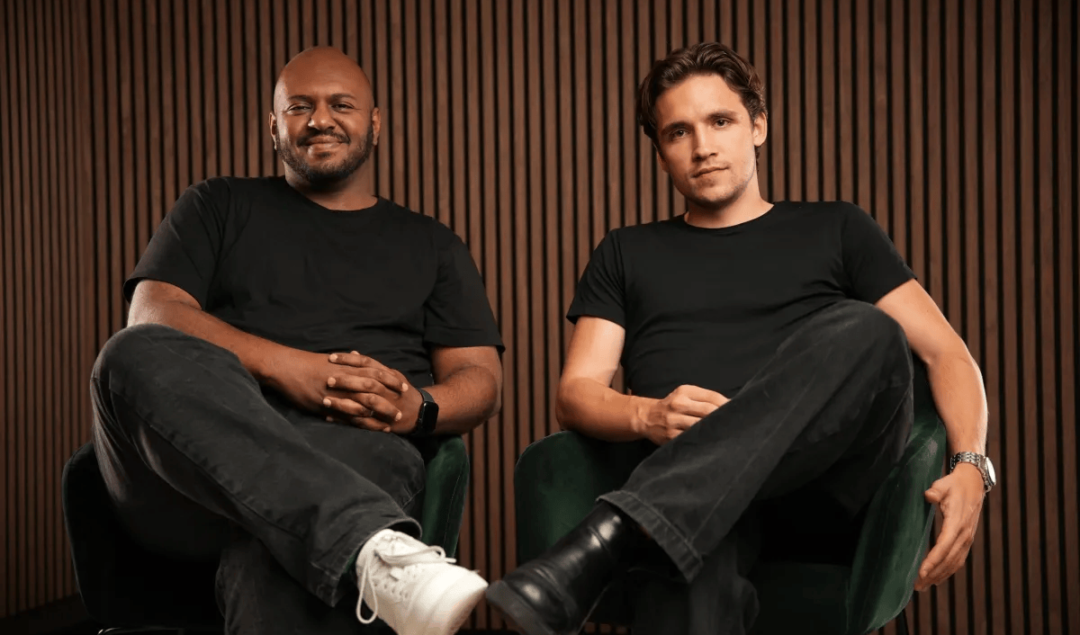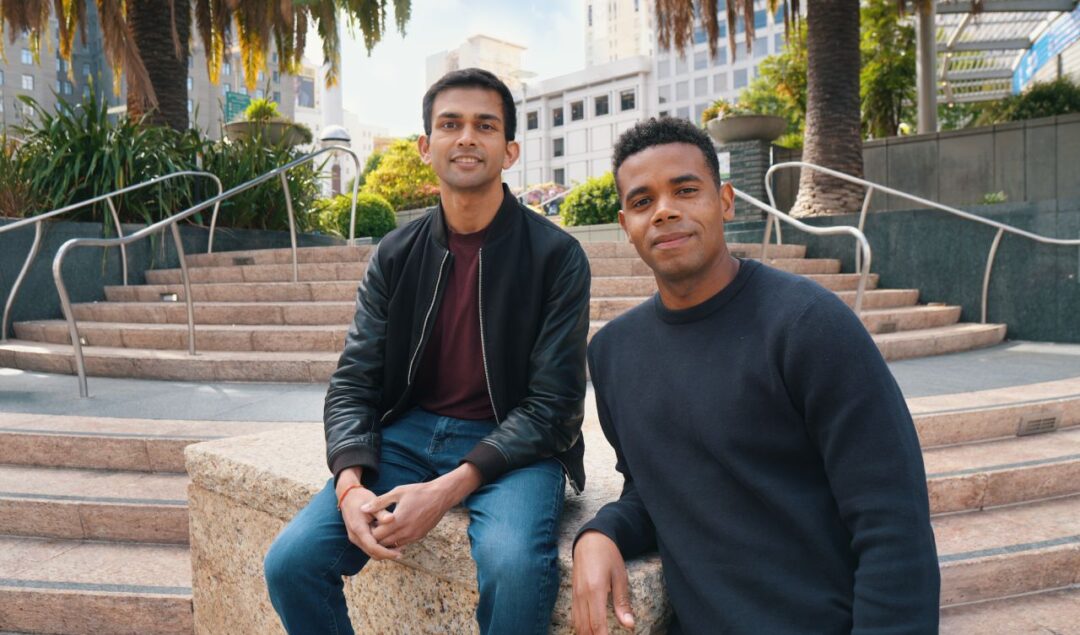Epiminds, an agentic AI company, has raised $6.6 million in funding from Lightspeed Venture Partners, EWOR, Entourage, and leading angels such as the former CMO of Booking.com, according to Tech Funding News reports. The Swedish startup, founded in 2025 by Mo Elkhidir (CEO) and Elias Malm, aims to reinvent how marketing agencies work by using multi-agent AI to automate campaign management. Helping marketers with routine tasks Both founders were driven by frustration with the inefficiencies of traditional marketing. Sudanese-born Elkhidir spent years researching multi-agent systems that enable digital agents to
Breni is an AI-powered learning app that simplifies learning by providing students with personalised content tailored to different learning styles and languages. The app launched in August and has already attracted over 3,000 users from more than 20 countries worldwide, with 90% of them outside Nigeria, according to TechPoint Africa. Founders Sadiq Umar and Bilal Abdullahi met while studying computer science at the Yusuf Maitama Sule University in Kano. They both discovered a love for technology and its potential to improve the ecosystem in the North. After finishing their studies,
Vibe-coding startup Anything has raised $11 million in financing at a $100 million valuation, led by Footwork, with additional backing from Uncork, Bessemer Venture Partners, and M13. Founded by former Google colleagues Dhruv Amin and Marcus Lowe, the platform lets anyone build and monetize an app through vibe coding — a technique where users provide an AI assistant with “vibes” or natural-language descriptions, and the assistant generates, refines, and debugs functional code. The Viral AI App Builder Anything went live on August 7, the same day as GPT-5, and reached
Women-led startups continue to attract only a small portion of investment in Africa’s tech ecosystem. So far in 2025, male-led startups in Africa have received 75% of all funding raised. This leaves the remainder shared between women-led and mixed gender teams, according to the latest Africa Venture Pulse report by Briter, a research and business intelligence firm focused on emerging markets. Of the more than $2 billion raised across the continent, about 10% has gone to companies with at least one female founder. Gender funding gap in Africa Over the past
This article is sponsored by Morgan Stanley Inclusive & Sustainable Ventures. Morgan Stanley Inclusive & Sustainable Ventures (MSISV) is supporting the future of innovation by backing early-stage startups and nonprofits with the capital and tools they need to scale. Building on the momentum of the Inclusive Ventures Lab and Sustainable Solutions Collaborative, MSISV has already distributed over $30 million in capital to over 130 ventures in the last eight years. MSISV is home to two tailored accelerator programs: a Lab for tech-driven startups and a Collaborative for emerging nonprofits. Both programs
Troodie, a new AI-powered social commerce platform, is using AI to bridge the gap between viral food content and real-world diner behavior, helping diners discover food spots, influencers earn, and restaurants grow. “That place you saw on TikTok? Save it on Troodie, keep scrolling, and know that you’ll be reminded to stop by,” the company states on its website. Founded by Charlotte-based entrepreneur Taylor Davis, Troodie officially launched last month during National Black Business Month. Helping Diners Save, Organize, and Visit Food Finds Between social media, word of mouth, and
Create, an app-building platform, has secured $8.5 million in total funding, including a $5.5 million round led by Bessemer Venture Partners. Other investors included Shopify, Front, Zapier, Intercom, Shippo, and Ben’s Bites. Its new product, Anything, which went live on August 7, reached 3.2 million views, over 30,000 new sign‑ups, within 72 hours of launching. It also tripled the number of paid subscriptions compared to the week before, bringing the company’s total registered users to exceed 500,000, as reported by Tech Funding News. What does Anything do? While competitors were focusing
Confido has raised $20 million in total funding across its Seed and Series A rounds. Footwork led the rounds with participation from Watchfire Ventures, Y Combinator, Boulder Food Group II, Fintech Fund, Barrel Ventures, and a group of strategic angels. The startup, founded in 2022 by Justin Hunter and Kara Holinski, began by automating Cash Application and Deductions Management. Over the past year, it expanded into Trade Promotion Management and Sales Forecasting, with the mission of giving accounting, finance, and sales teams a single platform to plan, execute, and analyze
Join our Patreon for extra-long episodes and ad-free content. In this episode of Techish, hosts Michael and Abadesi dive into the wild story of the tech con artist who is fooling Silicon Valley startups, exposing some big cracks in how the industry hires. They also break down the rise of AI addictions, the emotional pull of chatbots, and round off with Grammarly’s acquisition of Superhuman. 00:25 The Tech Swindler: The Greatest Catfish of a Generation? 12:37 AI Addiction and Chatbot Dependency 26:23 Grammarly Buys Superhuman – Little Tech vs. Big
Better Auth, an authentication tool, has raised $5 million in seed funding from Peak XV, Y Combinator, P1 Ventures, and Chapter One, according to TechCrunch. Bereket Engida, the self-taught programmer from Ethiopia and founder of the tool has built what some developers believe is that the best authentication tool to date. Engida’s jounrey to building Better Auth Engida told TechCrunch that he had built the entire product in Ethiopia before coming to the US. He started programming at 18 after a friend declined to help him create an e-commerce search













